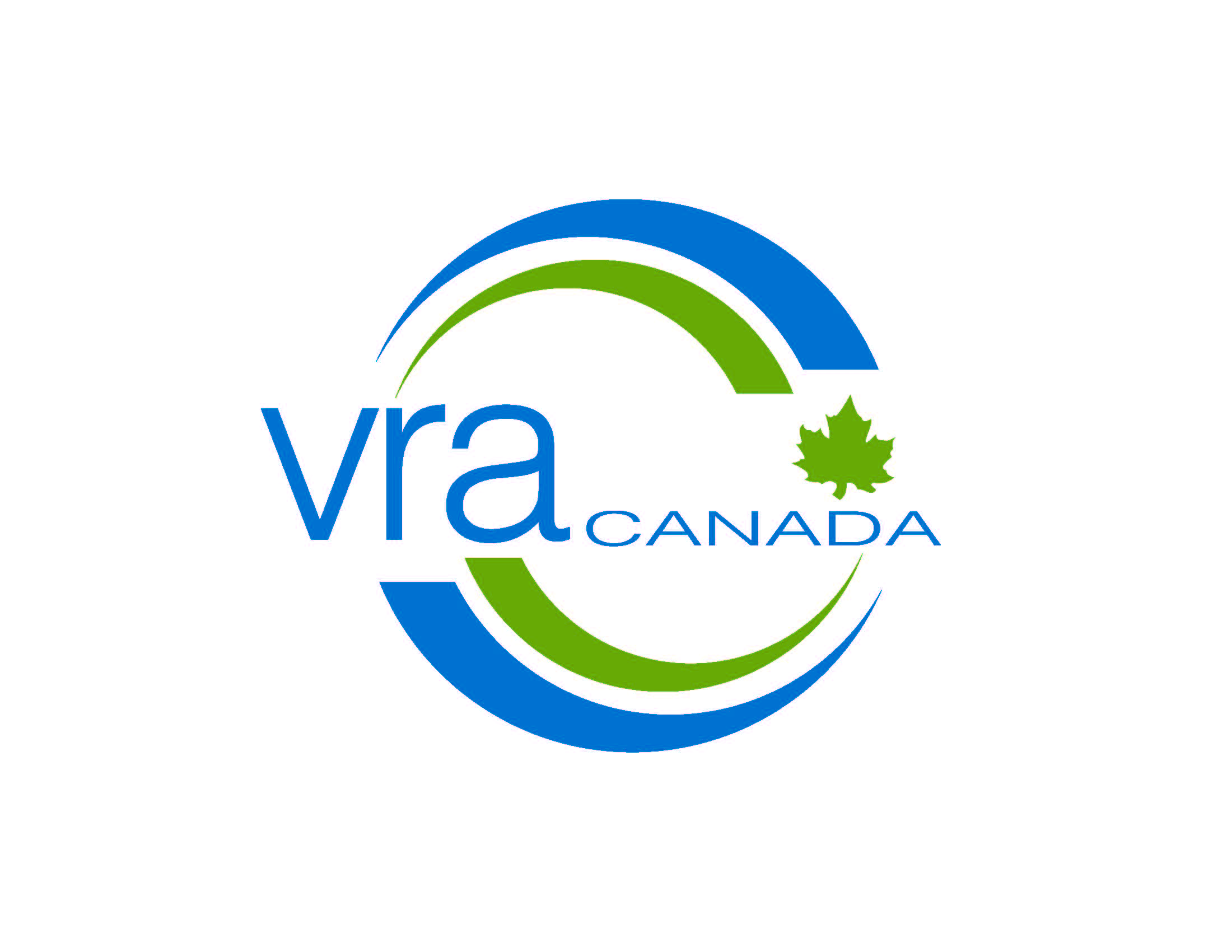Work Wellness Institute Membership!
Advance your Career & Improve your Workplace
- 350+ Lectures on Demand
- 18 self-paced e-Courses
- Accreditation opportunities
- Certifications for Members Only;
- Leadership Certification
- Inclusivity Recruitment & Retention Certification
- Work Wellness Ambassador Certification
Learn More about our Membership Program

Course Description
The proportion of people of working age who are diagnosed with cancer is expected to rise in coming years. At the same time, in many western countries, the proportion of people in the workforce who are self-employed is growing. For example, the Europe 2020 strategy encourages European Union member states to promote self-employment as a driver of economic growth.
The past decade has seen an explosion in knowledge about the adverse effects of cancer on people's working lives. Despite the growing importance of the self-employed as a group, there has been a lack of research investigating the impact of cancer on self-employed people.
The session will present findings from recently published research which bought together several datasets from different European countries to examine work-related outcomes in self-employed cancer survivors. It will discuss: differences between self-employed and salaried cancer survivors; variations across countries; and factors which influence work-related outcomes in self-employed survivors. It will also: review the state of the evidence internationally; highlight evidence gaps and where further research is needed; and discuss challenges in conducting research on this largely neglected population.
You will learn:
- How cancer affects the working life of those who are self-employed
- How patterns of work participation, and health outcomes, after cancer differ between salaried workers and the self-employed
- What factors influence work participation following a cancer diagnosis
- That self-employed cancer survivors may experience poorer work-related outcomes or health outcomes than salaried survivors
- How national social welfare provisions may drive work engagement following a cancer diagnosis, especially in people who are self-employed
- That self-employed people consider the needs of their business as well as their health needs after a cancer diagnosis
- The areas where further research is needed
- What issues need to be considered in developing interventions/strategies to support work engagement after cancer in people who are self-employed
Members
If you have been provided with a Record ID through your organization, please update your profile before enrolling in a course. In order for your certificate to be issued, your profile needs to be up-to-date prior to your enrollment.
If you are having any issues, please contact [email protected]

Partially funded by:

This program is pre-approved by VRA Canada for a 1 hour training session
Professor of Cancer Epidemiology, Institute of Health & Society at Newcastle University, UK
Linda Sharp, PhD
Provincial Vocational Rehablitation Counsellor, BC Cancer and Co-Director of Cancer and Work
Maureen Parkinson, MEd, CCRC
Core Team Member of the Cancer and Work Research Group and Associate Professor in Industrial/Organizational Psychology, Saint Mary’s University
Lucie Kocum, PhD
Course curriculum
-
1
Work Outcomes in Self-Employed Cancer Survivors
-
Pre-Survey
-
Work Outcomes in Self-Employed Cancer Survivors
-
Work Outcomes in Self-Employed Cancer Survivors - Presentation Slides
-
Evaluation Survey
-
